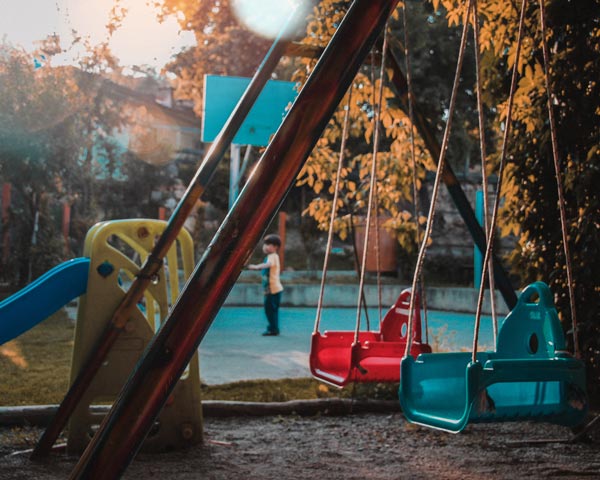by Dewey Wilson, PhD
 Learned Helplessness is a phrase getting tossed around more these days referring to how a lot of people are coping with the Covid pandemic. It occurs when someone believes they have no power whatsoever to manage or control their situation, thus leaving them helpless and hopeless in their mind.
Learned Helplessness is a phrase getting tossed around more these days referring to how a lot of people are coping with the Covid pandemic. It occurs when someone believes they have no power whatsoever to manage or control their situation, thus leaving them helpless and hopeless in their mind.
Information overload about Covid has left many people believing no matter what they do, it’s wrong or unhealthy. So much so, they tend to refuse making the simplest of decisions about their safety fearing a wrong decision will only make things worse. This kind of attitude forces these individuals to completely depend on others for guidance, which eventually leads to a real lack of resilience.
Did you know the same thing can happen with children? Especially younger children. It usually occurs in one of two ways. When parents constantly criticize their child’s decisions while seldom offering guidance or assistance, or when believing they must protect or shield their children from challenging or stressful circumstances, no matter what.
LEARNED HELPLESSNESS IN ACTION
My wife Lynne and I recently decided to take our granddaughter to the small park just around the corner from our house. The second we arrived, she bolted to the merry go round, jumped on and began clinging to the rails as if her life depended on it.
I noticed a young boy near the merry go round, obviously thinking about getting on. Before he made any apparent effort to jump on, his mom sitting on a nearby bench talking with another lady yelled out, “William NO!”
Dejected and frustrated, William started making his way over to the slide. Yet before he got within 6 feet of the ladder, his mom belted out, “William! Don’t you climb up that slide without someone helping you!”
A few minutes later, we heard someone squealing like a pig stuck in a gate. To no surprise, William had somehow gotten tangled up in a swing. What did surprise us was his mom making little effort to see if he was ok. Instead, it was our granddaughter and a friend who quickly ran to his aid and rescued him from peril.
His mom’s actions most likely sent William two distinct messages. 1) He’s not capable of making sound decisions, and 2) He can’t depend on her to be there when he needs her. When either of these responses occur repeatedly over time, the likely result is William with a learned helplessness.
This may sound a little extreme to some parents, but if kids like William hope to demonstrate resilience and a healthy sense of control, it’s important to understand that constantly protecting children from stressful or anxious circumstances usually makes their anxiety worse and ultimately lowers their overall stress tolerance.
Children learn to manage stressful events best when parents are actively providing supervision, support, and encouragement. They’re also more likely to develop healthy coping strategies during challenging times as well as demonstrate a stronger, more confident, sense of control.
HELPING YOUR CHILD AVOID LEARNED HELPLESSNESS
-
Actively engage in your children’s activities. Whether it’s playground activities or various sports, participating with your children builds and strengthens secure attachment. Most children, regardless their age tend to spell “love” T.I.M.E.
-
Children naturally engage in risky behavior that results in unpleasant consequences. So, allowing your kids to take minimal risks under your supervision generally gives you more control over how severe the consequences are that they experience.
-
Talk out consequences of their risky behavior. Responding only with “I told you so” or “That was stupid” without talking through a child’s decision-making process usually leaves them feeling condemned and shamed. When children understand the “why’s” of unpleasant life experiences, they are much more likely to give serious thought before repeating them in the future.
-
Be consistent in your words and actions. Inconsistency sends mixed signals to your children, resulting in them becoming indecisive or even worse, being over dependent and unwilling to make decisions on their own.
In addition to avoiding learned helplessness, by engaging with your children, you really can help them become more resilient, self-confident, and empathetic with others – more Relationally Intelligent, which is what they’ll need to succeed both now and as they mature into adulthood.